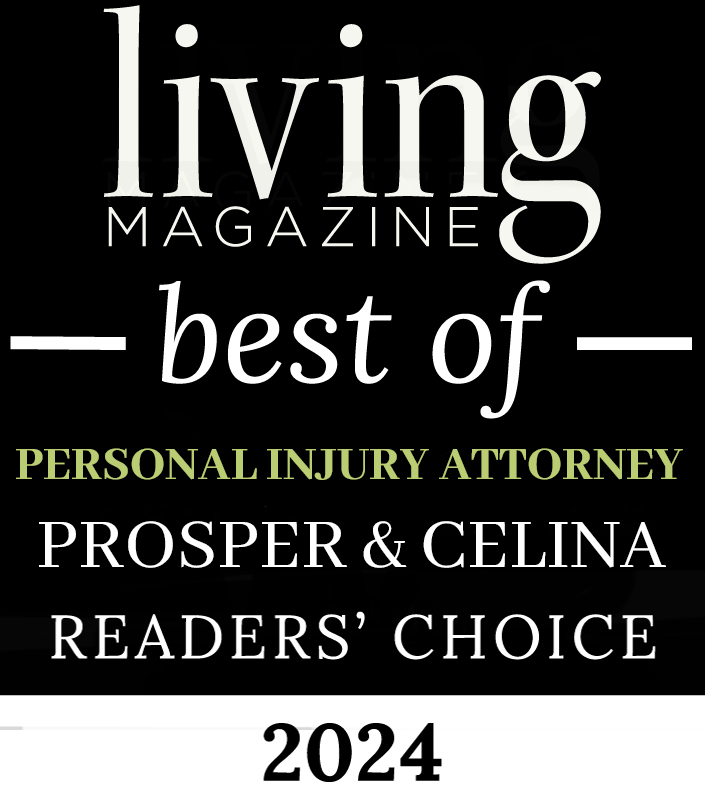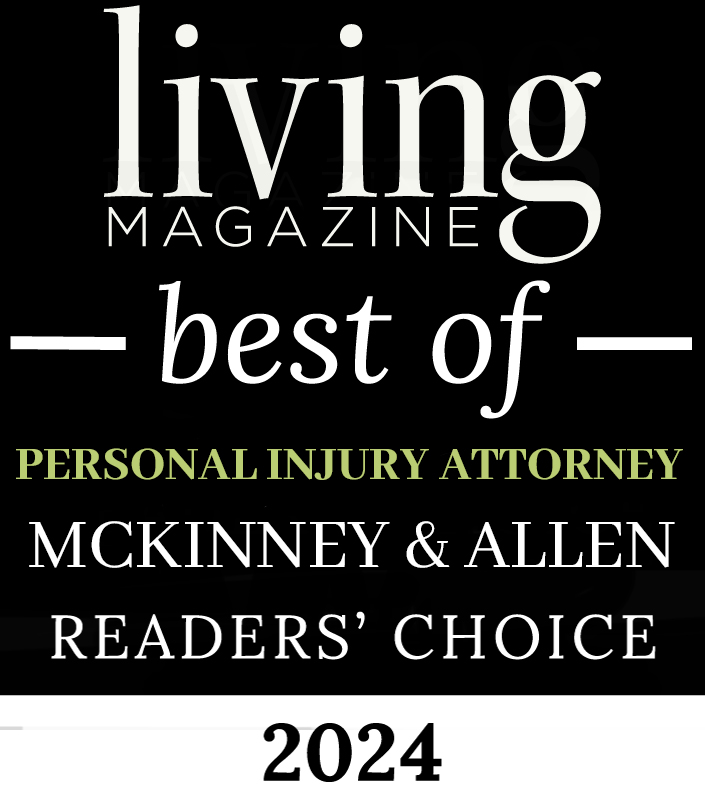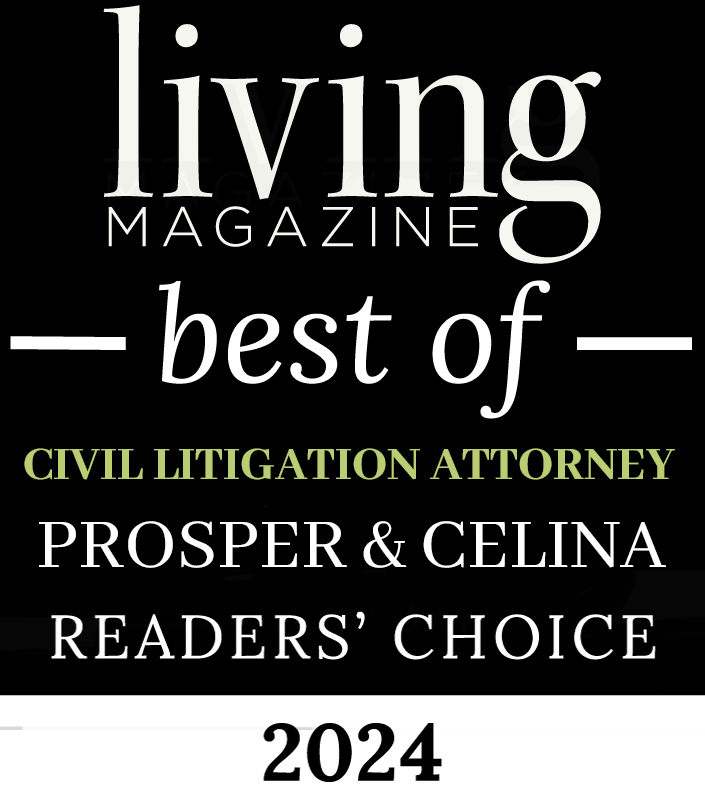Can Alcohol-Selling Establishments Share Liability for Drunk Driving Accident Injuries?
Being injured in an automobile accident can be devastating and traumatic. In some cases, the accident may have been unpreventable, such as those caused by an act of nature, or poor weather conditions. In many cases, however, one or more individuals are at fault in an accident. When the crash involves a charge of driving while intoxicated (DWI), fault for the accident generally rests with the intoxicated individual.
But, what about when there is an establishment involved — one that overserved alcohol to the at-fault driver? Should the establishment be held accountable as well? And if so, to what extent?
“Dram Shop Laws” and Alcohol-Selling Establishments in Texas
Many states, including Texas, have “dram shop laws” that govern lawsuits over injuries caused by people who drank at a bar, restaurant, pub, or any other establishment with a license to sell alcohol. Essentially, these laws hold such establishments liable for selling alcohol to individuals who appear to already be intoxicated at the time of sale. It also applies to the selling of alcohol to minors.
It is important to understand that dram shop laws are not intended to ease or reduce the liability of the drunk driver. Instead, they are primarily designed to promote responsible business practices by alcohol-selling establishments. Such laws, however, do give injured victims the possibility of another avenue through which they can collect compensation following an alcohol-related crash.
Invoking the Texas Dram Shop Law
The so-called dram shop law in Texas is part of the Texas Alcoholic Beverage Code (TX AL BEV § 2.02). Specifically, this law states that any entity or person who sells or provides alcohol can be held liable if it can be shown that both of the following are true:
- At the time of the sale or provision, it was apparent to the seller or provider that the person being sold, provided, or served with alcohol was obviously intoxicated to the point that they presented a clear danger to themselves and others.
- The intoxication of the individual who was served or provided with alcohol by the establishment was a proximate cause of the injuries in question.
This means that if you were injured in an accident caused by a drunk driver who, prior to driving, was served in any type of alcohol-selling establishment, you may have a cause of action to file a lawsuit against the establishment.
Contact a McKinney TX Personal Injury Attorney
If you or someone you love has been injured or killed in a DWI-related accident, it is important to seek qualified, professional help immediately. Contact an experienced Collin County dram shop liability lawyer at Burress Injury Law. We will explain all of your available options for seeking compensation as we work hard to ensure that your rights are fully protected. Call 214-726-0016 for a free consultation.
Source:
Texas Alcoholic Beverage Code



















 ON
ON
